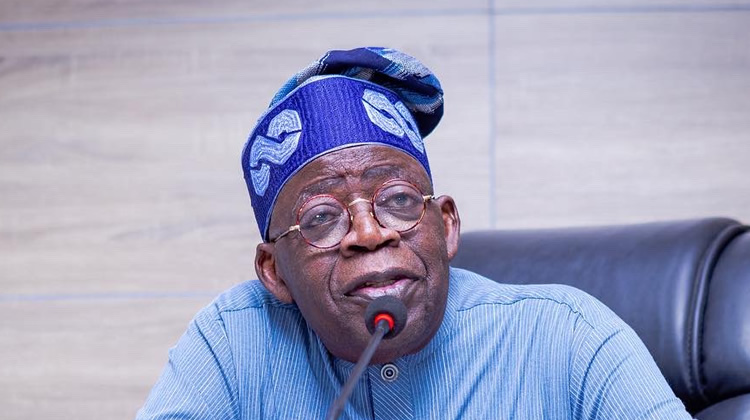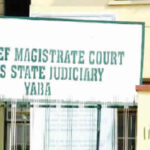
The PUNCH reports that local news outlets were yet to report on the positive impact of Tinubu’s early lead on the foreign exchange market as of Monday night.
However, five of Nigeria’s dollar bonds ranked among the 10 best performers on Monday in a Bloomberg index of 71 emerging and frontier nations.
“The country’s sovereign risk premium narrowed the most this year on Monday, according to JPMorgan Chase & Co. data. The equity benchmark in Lagos rose to an eight-month high,” the foreign newspaper said.
Counting is ongoing after the February 25 presidential election, though early trends show Tinubu winning three key states.
It however noted that money managers expect the nation’s next leader to take the unpopular decisions required to boost government revenue, stabilize the currency and cut down debt.
“Markets seem to be increasingly pricing in a Tinubu win, given the expectations that he could push through reforms quicker than others,” said Simon Quijano-Evans, the chief economist at Gemcorp Capital Management in London. “But it is difficult to see this holding if the election winner is unable to quickly turn around the macro story with visible reforms and personnel changes.”
Some of the gains may also be driven by bargain hunters after Nigeria’s bonds tumbled in the run-up to the elections, he said.
Nigeria’s bond due 2047 rose 1.8 cents on the dollar to 68.8, cutting its yield by 33 basis points to 11.5%. Securities maturing in 2029, 2030, 2032 and 2033 all rallied more than 2% in price. The NGX 50 Index rose for a fourth day to the highest level since June 2022, with Stanbic IBTC Holdings Plc accounting for more than half of the gains.
A JPMorgan gauge of sovereign-risk premium, meantime, narrowed 42 basis points to 723. That’s a reduction of 104 basis in the past three days alone. The measure had hovered above the 1,000 basis-point mark until Nov. 3, the widely accepted threshold to indicate a debt-distressed nation.
The final result was still up in the air even after the All Progressives Congress’s Tinubu won Ekiti, Ondo and Kwara states. Atiku Abubakar of the main opposition Peoples Democratic Party narrowly secured a majority in Osun state and Peter Obi of the Labour Party secured the most support in Lagos state.
“Tinubu, who we perceive as being the least market-friendly of the three main candidates, is currently in the driver’s seat, but it is still early days and the positive reaction in Nigerian credit could indicate that markets think Obi stands a fighting chance,” said Patrick Curran, a senior economist at Tellimer Ltd. “There is likely to be a positive macro policy shift at the margin no matter who wins the election.”
Bloomberg Africa further revealed that under the outgoing President, Major General Muhammadu Buhari (retd.), Nigeria’s total debt stock exploded more than six-fold to about N44trillion.
It noted that the World Bank has said that the next president should quickly implement reforms that Buhari neglected to enact, including quashing a multiple exchange-rate regime that is repelling investors, removing import restrictions and lifting fuel subsidies that cost most of what it makes pumping crude.
“Default is a risk,” Charlie Robertson, the global chief economist at Renaissance Capital in London, wrote in a note. “By Wednesday, attention should turn to the challenges for the next administration. And they remain very challenging unless oil provides some stunning upside surprises for a few years. The interest bill as a percent of federal revenues is very high.”





